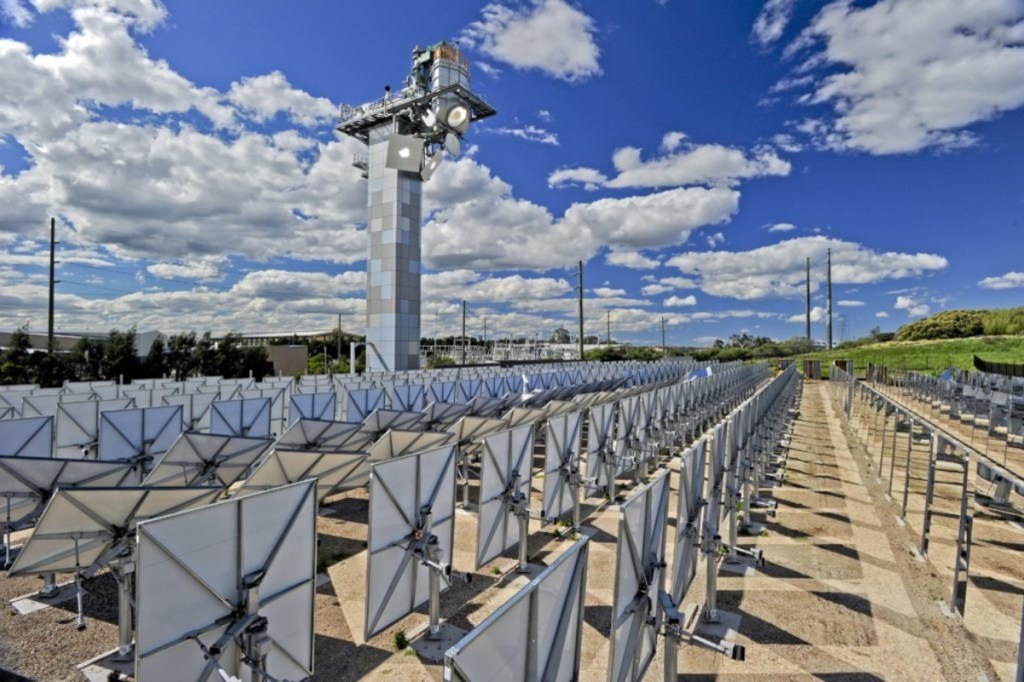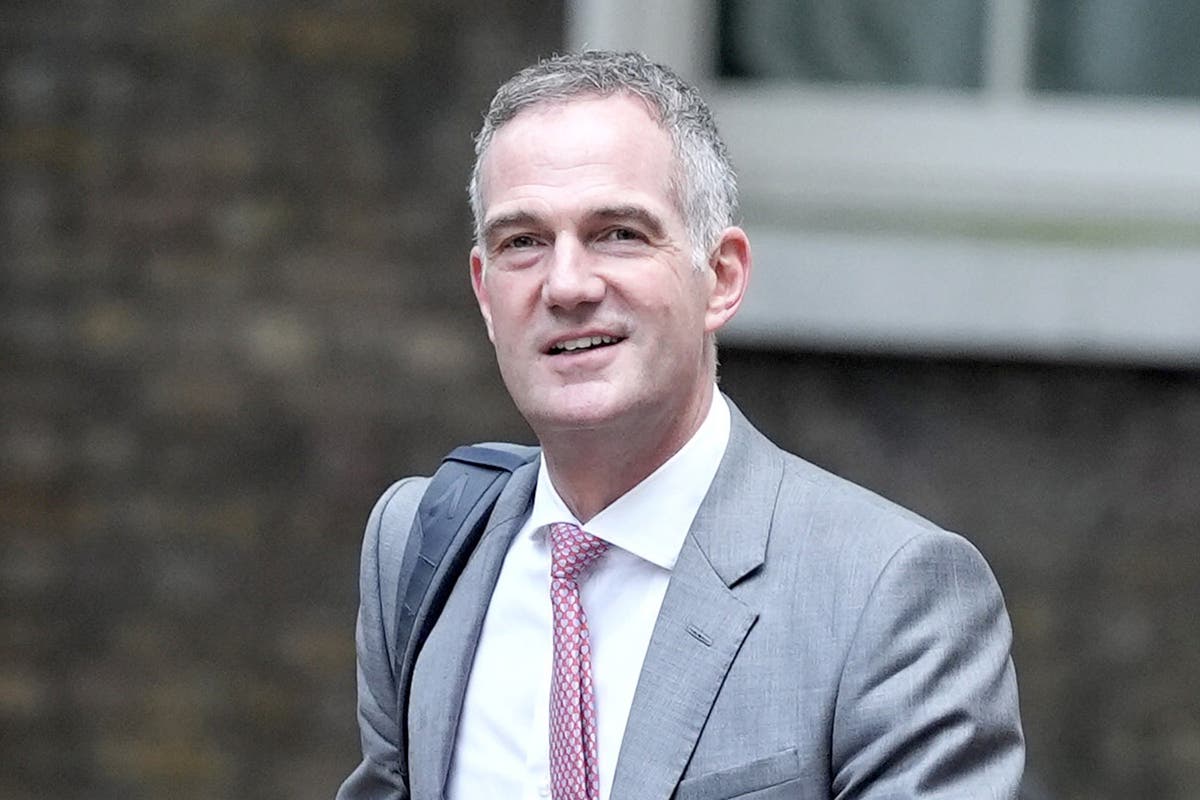Australian researchers create eco-friendly alternative to greenhouse gases in cooling tech

- by Admin
- January 9, 2025

RESEARCHERS at Deakin University in Victoria, Australia, have developed a material which they say could replace greenhouse gas-emitting chemicals used in refrigeration and air conditioning.
Most cooling technology uses liquids called hydrofluorocarbons (HFC) that absorb heat, which release greenhouse gases that can be thousands of times more potent than CO2. However, the latest research, published in Science last week, developed “plastic crystals” that can work as refrigerants without any global warming impact.
Jenny Pringle, professor at Deakin University’s Institute for Frontier Materials and the study’s lead author, told TCE that plastic crystals have “the potential to substantially impact the advancement of sustainable cooling technologies”.
The plastic crystals belong to the barocaloric class of materials. They absorb heat when the molecules transform from an ordered to a random crystal structure. This phenomenon has been demonstrated in labs before, but Pringle’s team claims to have created the first barocaloric materials that absorb heat at temperatures low enough for domestic refrigeration.
However, Pringle says that her team’s material is still “not good enough to replace the current gases” owing to the high pressures required to rearrange the molecules in the plastic crystals. In the lab, the plastic crystals could only absorb heat under pressure hundreds of times greater than atmospheric conditions.
Pringle added: “We need materials that exhibit sufficient barocaloric effect upon application of a small, applied pressure. These smaller pressures will allow cooling to be achieved with less energy input.”
Warming from cooling
HFCs became widespread in refrigeration and air conditioning devices throughout the 1990s and 2000s when their predecessor refrigerants – the notorious ozone-depleting chlorofluorocarbons (CFCs) – began to be phased out as per the 1987 Montreal Protocol.
While not ozone-depleting, HFCs were targeted for phase-out by the 2016 Kigali Amendment owing to their extremely high global warming potential. However, research in December last year found that atmospheric HFC levels are far higher than official figures suggest.
The global phasing down of HFCs also triggered price rises for the chemicals, leading to a black market for cheap, unregulated refrigerants. A report by the Environmental Investigation Agency (EIA) in April last year found evidence of organised crime groups smuggling HFCs illegally into EU countries with the steepest price increases.
Last year the EU cracked down on the illicit HFC trade, intercepting more than 400,000 tCO2e worth of illegally smuggled refrigerants.
The Latest News
-
January 10, 2025Who will win Australian Open 2025? Betting, best odds, tips and predictions for men’s and women’s winners | Sporting News Canada
-
January 10, 2025Callaway new ERC Soft, Supersoft, Chrome Tour Triple Diamond balls: What you need to know – Australian Golf Digest
-
January 10, 2025Australian Open 2025: Our experts pick winners, long shots
-
January 10, 2025New Payroll Compliance Penalties Driving Tech Adoption in Australia, Says Yellow Canary
-
January 10, 2025Mizuno M.Craft X putters: What you need to know – Australian Golf Digest





